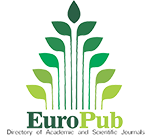Methodological proposal for the characterization of accessions in Germplasm Banks using Generalized Procrustes Analysis applied to incomplete but connected trials
DOI:
https://doi.org/10.48162/rev.39.004Keywords:
three-way data, MANOVA, modeling biological process, plant genetic resourcesAbstract
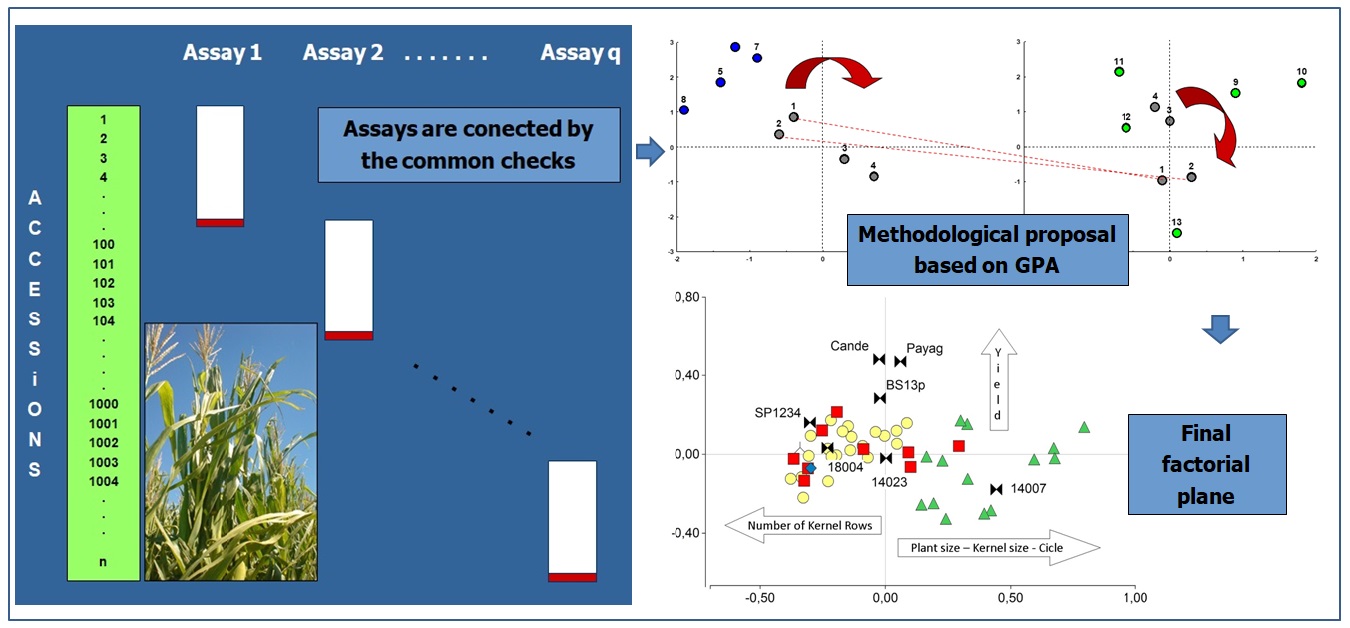
Characterization of plant material conserved in germplasm banks allows the study and analysis of the genetic variability within a collection. When germplasm banks have a large number of accessions, field evaluation should be performed using assays with manageable accession subsets. Common checks connecting the different assays are required to compare these accession subsets. In this study, the Generalized Procrustes Analysis was proposed as a basis for obtaining a factorial plane where all individuals are projected. This technique is applied to genotypes common to all assays, iteratively generating scale factors and rotation matrices. Accessions only belonging to a given assay are considered supplementary elements. This proposal was illustrated using datasets of 54 maize accessions from the Pergamino Active Germplasm Bank of the Experimental Station at the Instituto Nacional de Tecnología Agropecuaria (INTA) in Argentina. The proposal achieved highly satisfactory results.
Highlights:
- In field evaluation of large germplasm collections, the material must be divided into manageable experimental trials, in which different accession subsets are evaluated in different environments.
- A new algorithm based on Generalized Procrustes Analysis (GPA) allowed to find the consensus of several configurations of individuals connected by common checks.
- The characterization data analysis strategy was illustrated using a set of accessions from the Argentine Maize Germplasm Bank.
- The new proposal stands as a useful tool for evaluate germplasm collections, providing good results with easy implementation and considering the multivariate structure of the data set.
Downloads
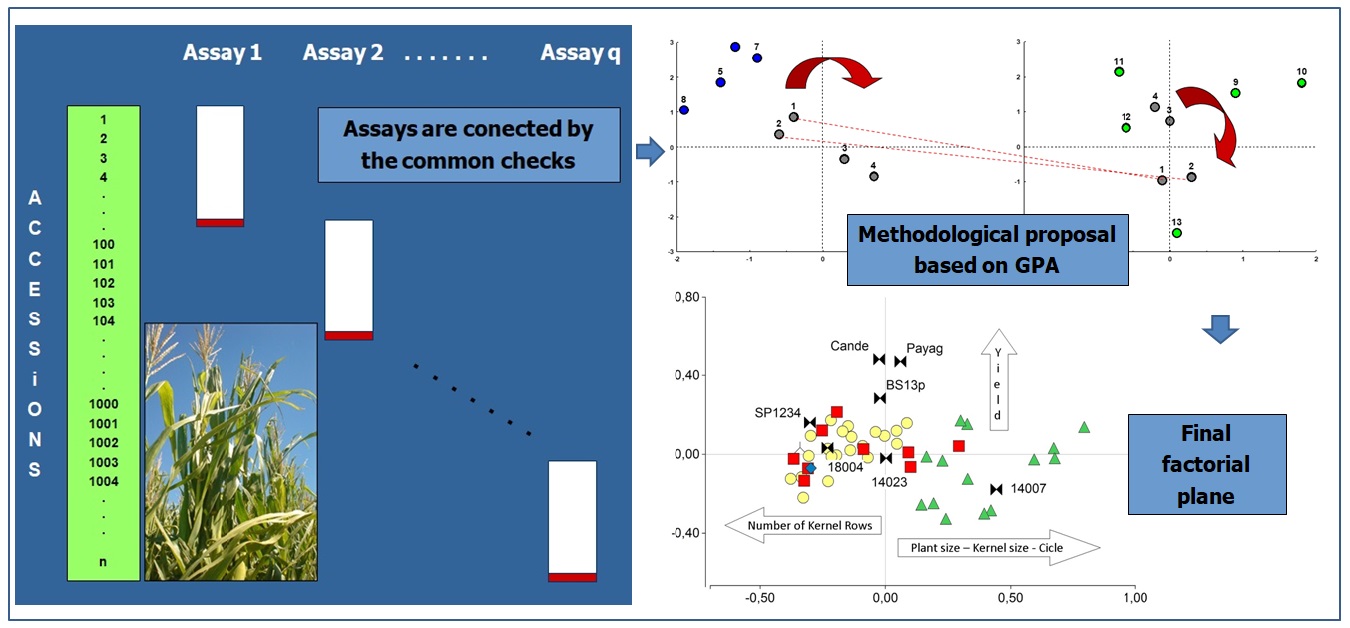
Downloads
Published
How to Cite
Issue
Section
License

This work is licensed under a Creative Commons Attribution-NonCommercial-ShareAlike 3.0 Unported License.
Aquellos autores/as que tengan publicaciones con esta revista, aceptan las Políticas Editoriales.



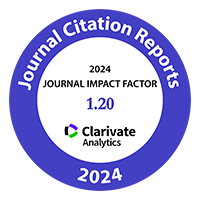

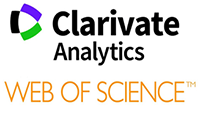


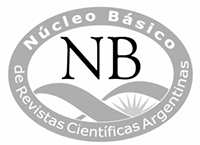


.jpg)
